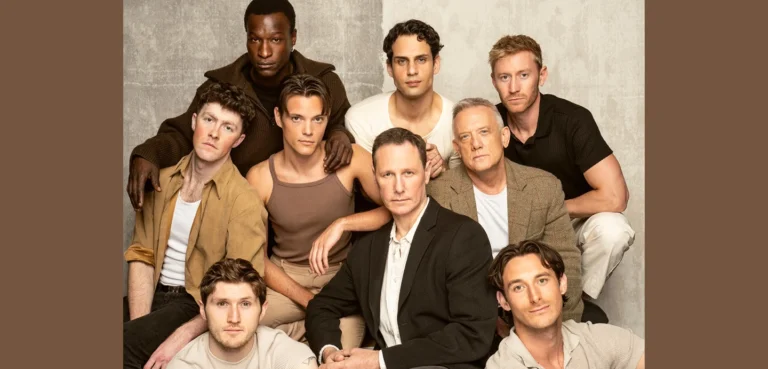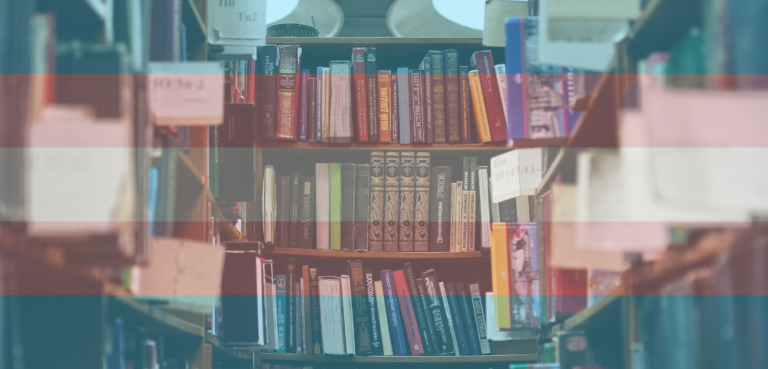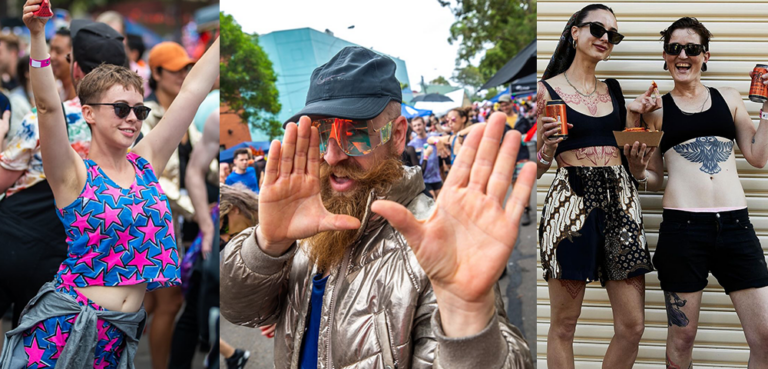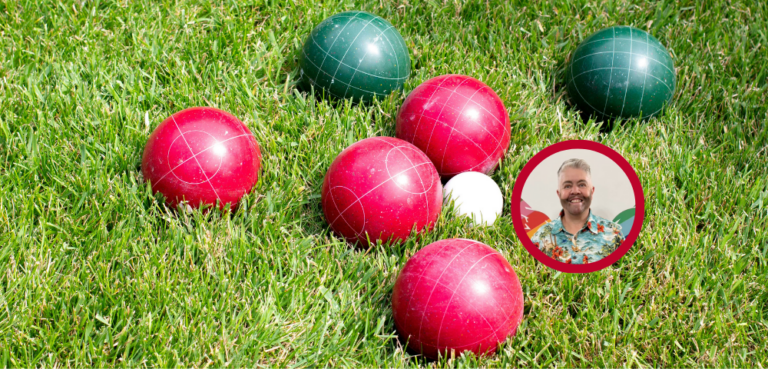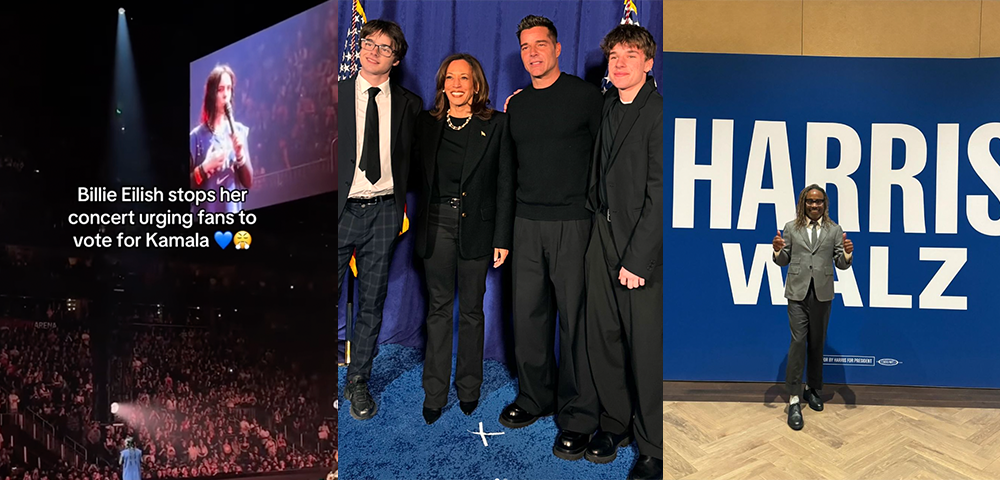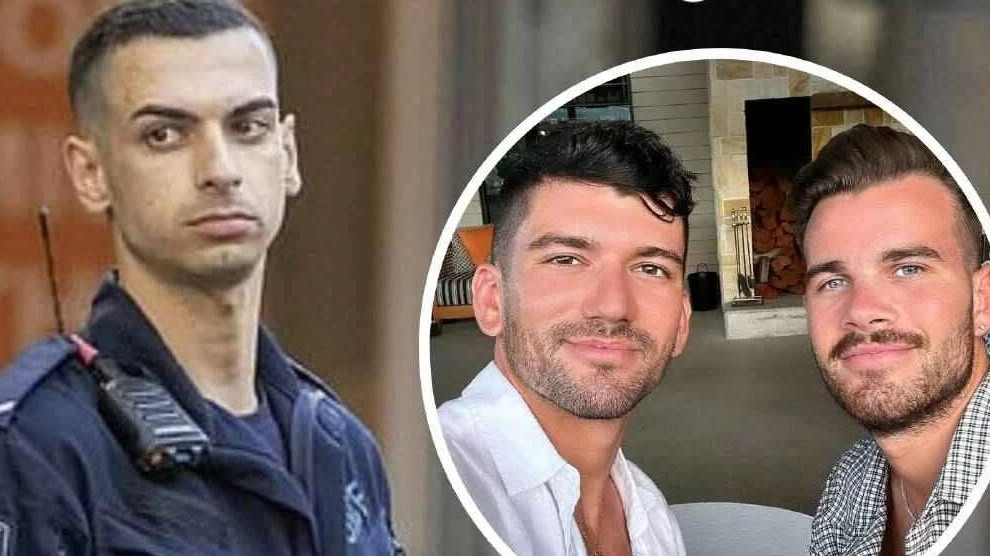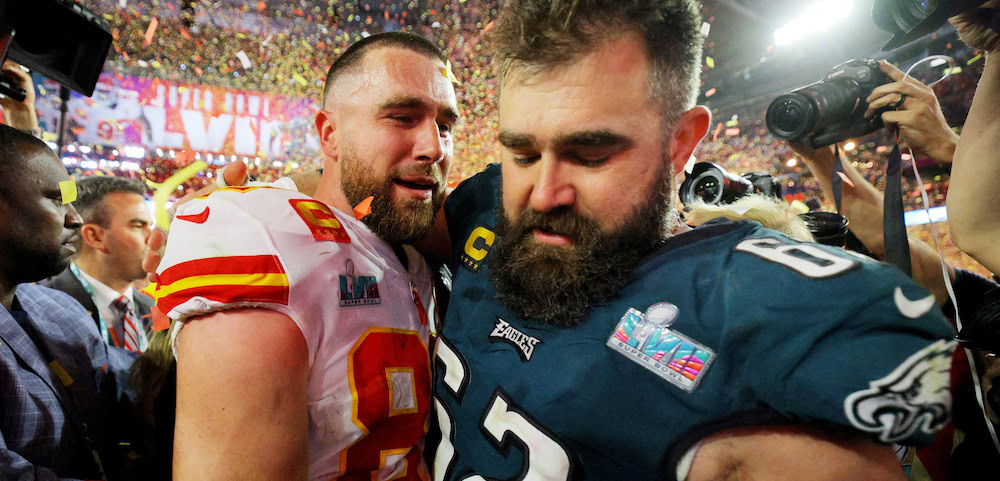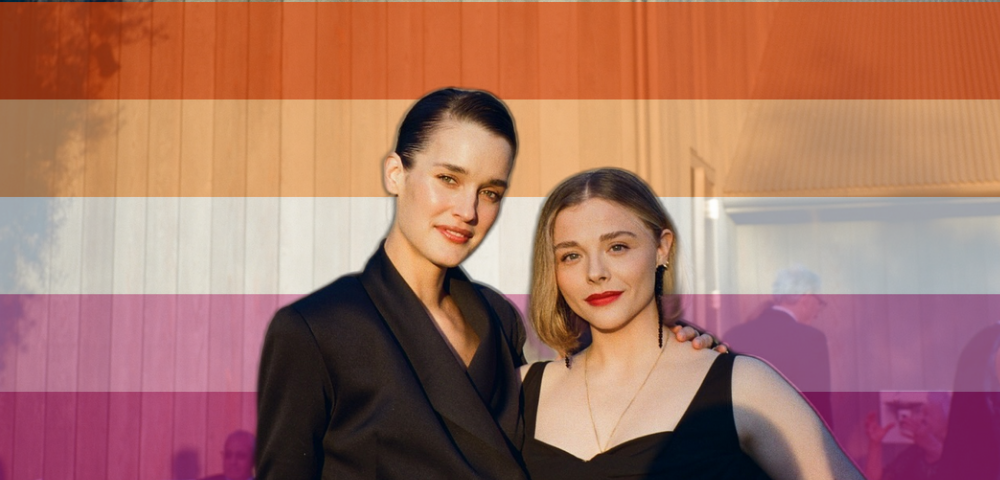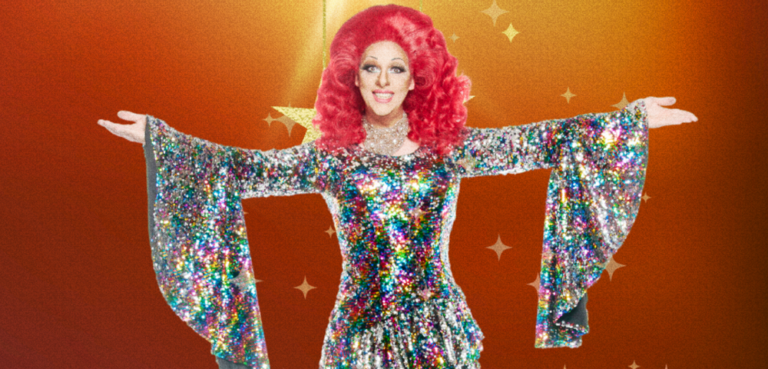
Celebrating 30 years of Joy
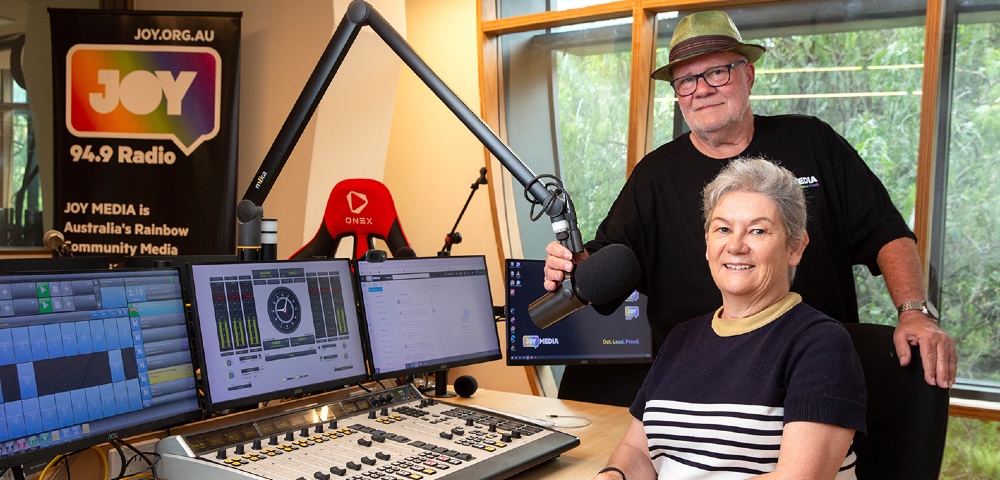
When now-president David ‘Macca’ McCarthy started volunteering for the radio station that would become Joy Media, turning 30 years this month, it was still a test broadcast sharing the 94.9 bandwidth with a Christian broadcaster. “They’d be talking about faith one week, and then the next week, we’d be talking about anal sex,” he chuckles. “It was very confusing.”
Setting up shop in Coventry Street in South Melbourne, Joy officially got going in 1993 with founder John Oliver’s application to the Australian Broadcasting Authority accepted and a first broadcast date of December 1, World AIDS Day, set. At the time, Australia was facing the HIV/AIDS crisis and the station became an essential, authoritative and often rebellious voice for a community swinging into action.
“The equality environment was very, very different, and people looked at you as if you were mad,” Macca says of the valiant efforts to get the station up and running. “It was really gusty and courageous. When I look back on 30 years, it’s been what I call a glorious struggle.”
One of only a handful of dedicated LGBTQIA+ community radio stations worldwide, Joy’s survival hasn’t always been assured, despite offering an impressive array of programming, podcasts and more that rivals the ABC for its breadth and depth. “The public broadcaster is fully funded, but it’s interesting to note that we’ve never had any federal government money, neither Liberal nor Labor,” Macca notes. “They talk equality, but when it comes time to open their wallet, they’re sitting firmly on it.”
Moving To The Victorian Pride Centre
While the state government has swung in firmly behind the station in recent years, including funding Joy’s new home at the Victorian Pride Centre, it has, first and foremost, been a station for the community, run by the community. “Joy has always been championed, number one, by our volunteers and by our members, patrons and sponsors,” Macca says.
Its reach is remarkable. “People anywhere around the world can listen, sometimes quietly under the doona,” Macca says.
That includes in countries where LGBTQIA+ rights aren’t as far advanced. But rights won here are under threat too. “We’re seeing a resurgence of knuckle-dragging, right-wing ratbags that want to question our right to exist and to be who we are,” Macca adds.
Moving to the Pride Centre alongside organisations including Transgender Victoria, Thorne Harbour, Minus 18 and the Melbourne Queer Film Festival has strengthened the whole community, Macca suggests. “There were a lot of times we really weren’t sure we were going to, stay on air, but it’s the commitment of our community that has made the difference.”
Serving Communities
Joy’s outgoing general manager Ange Barry came to the station in 2019 at a difficult time for the organisation financially, helping secure funding to oversee the shift to go fully digital and the move from their former Bourke Street home to the Pride Centre.
“I really understood the value of a community broadcasting licence in serving and connecting community, and that we had some incredibly talented people and a lot of opportunity,” she says. “I’ve met beautiful people who I hope will be part of my life forever. Joy is in really good hands. I’m really proud of the team’s work and we’re continuing to attract a more diverse makeup, which means Joy becomes even more representative of the communities we serve.”
Macca is similarly proud. “It’s not just the challenge of getting people to give, financially. It’s also the challenge of getting people to commit to the organisation. You need people’s talent, their labour and skills.”
Macca’s held several presenting gigs at the station, most recently helming Saturday Magazine since 2010, with the show regularly topping the station’s podcast download charts. With guests including high-profile politicians, he’s witnessed incredible shifts in public sentiment across 30 years, including the recognition of same-sex relationships. “Everything that we’ve achieved as a community and as a station has been achieved by engagement,” he says.
A Glorious Struggle
Though the payroll team has swollen from three to 11, Joy mostly runs on the incredible generosity of its presenters and behind-the-scenes teams who go all out to keep the station on the air, speaking to LGBTQIA+ people of all backgrounds.
“Look at what someone like [Sunday Arts Mag presenter] David Hunt does, and so many others,” Macca says of their dedication to the cause. “It’s extraordinary, the time and intellectual property people put into their programmes at Joy. And we do it for free.”
He hopes that Joy will be going strong for many years to come, emphasising that that requires ongoing community support. “Please don’t take us for granted. We’ve always had your support, and we will always need it. That’s what’s sustained us over 30 years. Joy sends a message to the wider community that we’re here, we’re Queer, and we’re here to stay.”
“It’s been what I call a glorious struggle”
